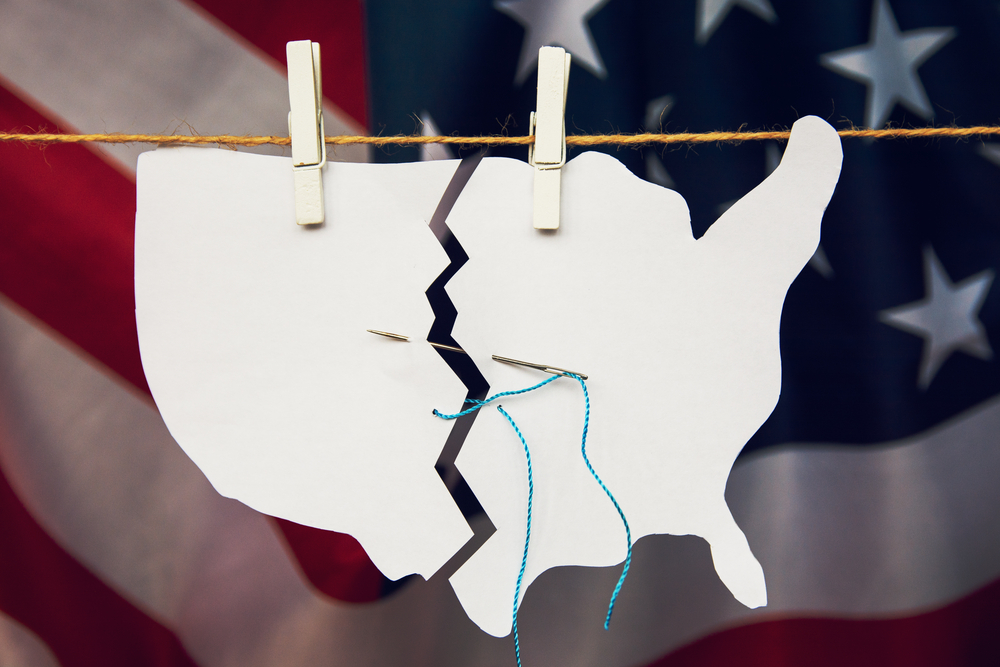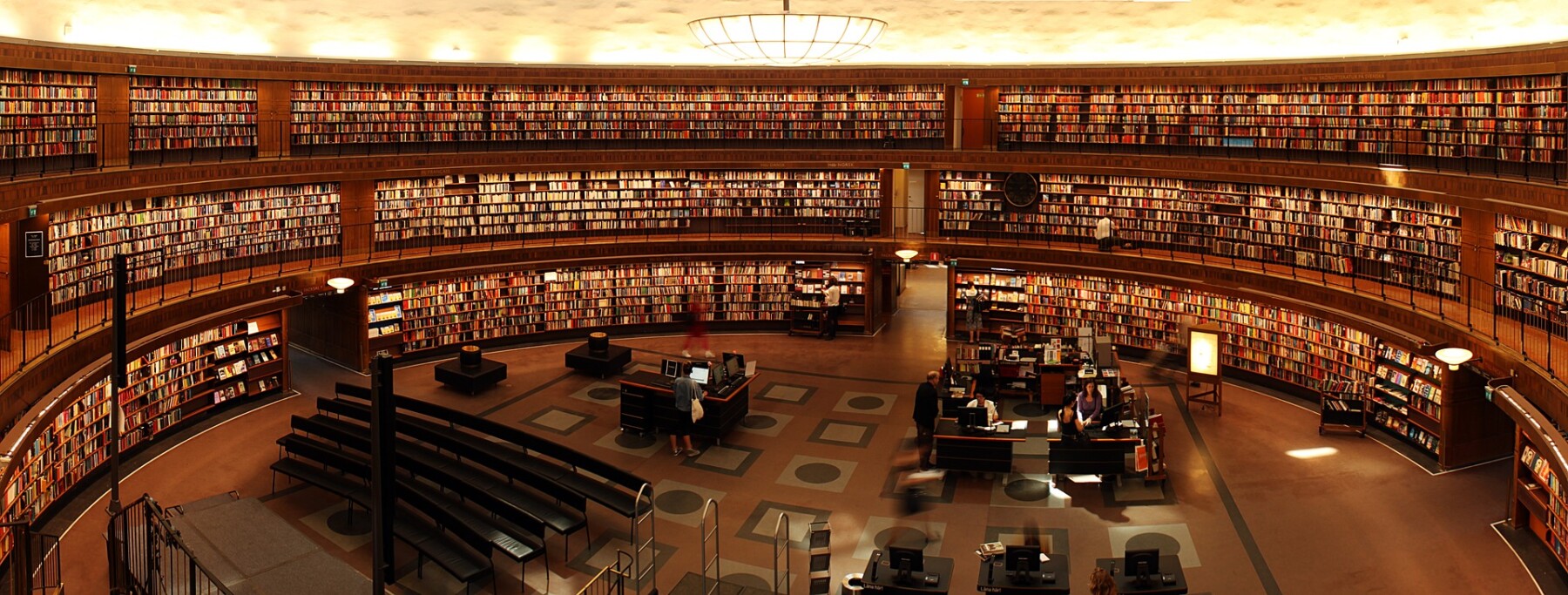The presidency of the G20 is finally coming home to India. Two days of intense deliberations concluded in Bali, Indonesia, on November 16, with the immensely successful Bali Leaders’ Summit, which saw the participation of the leaders of some of the world’s most advanced economies. The G20 communique, Bali Leaders’ Declaration, was adopted and India contributed significantly to this document. Indonesia’s G20 presidency concluded at a time when the clouds of an impending economic recession, escalating geopolitical tensions and calamitous environmental conditions are darkening the horizon. In many ways, handing over the G20 presidency to India is symbolic of the world entrusting us with the stewardship to rekindle hope and positivity.
Under the able leadership of Prime Minister (PM) Narendra Modi, India is poised to deliver an ambitious, inclusive, decisive and regenerative G20 presidency to the world. We will work to ensure that the Indian presidency is a driver of innovation, solutions and resilient growth for all. The Indian narrative in the Bali declaration focussed on the message of dialogue, diplomacy and solidarity. The PM’s statement that today’s era is not an era of war is a powerful and unifying ray of hope in these turbulent times that the G20 faces. The collective call made by world leaders in the G20 communique — the use, or threat of the use of nuclear weapons is inadmissible — is also based on PM Modi’s vision.
In Bali, India played a critical role in establishing a consensus among countries after 15 ministerial meetings failed to do so. In partnership with all developing nations and emerging markets, India worked on drafting the final Leaders’ Declaration and the preamble to the declaration. India rose to the occasion as a sound leader, a meticulous solution provider and a collaborative consensus builder through its positive and constructive approach. India’s suggestion that matters of current global discord be settled through an inclusive paragraph paved the way for an agreement on the language in the declaration after five days of discussions. As a result, concerns around the complex geopolitical situation have been settled before the Indian presidency commences.
India also got important references for the Bali Leaders’ Declaration. Some of these are focused on Sustainable Development Goals, new quantified goals for climate finance post-2025 and additional finance by multilateral development banks to implement the 2030 agenda. Finance and technology were also recognised as priority areas. Health, nutrition, food and energy security, farmer incomes and global digital health care networks were discussed extensively by the G20. India contributed $10 million to an international fund to expedite recovery from the pandemic.
It was clear to all participants in Bali that the food and energy crisis needs immediate focus. Global supply chains are witnessing unprecedented disruptions. Even influential bodies such as the United Nations have been unable to address this crisis, increasing the onus on the G20 to step up the response. In this context, PM Modi advocated forming a post-pandemic new world order. He urged the G20 to chart a path of peace, security and harmony for the world. India has shown the way by ensuring food security for 1.3 billion people during the pandemic through one of the largest food assistance programmes in the world. In addition, India is rapidly accelerating its transition to renewable sources to meet its energy needs. India’s energy security is critical to the world because it is one of the fastest growing economies and one of the largest manufacturing hubs in the world. In Bali, PM Modi reaffirmed India’s commitment to a clean environment and the need to assist developing nations with finance and technology to enable smooth energy transitions.
Digital technology is a rapid catalyst of poverty eradication and delivering the benefits of inclusive development. In Bali, PM Modi cited examples from the pandemic — paperless green offices and remote working — to highlight technology’s role in tackling the climate crisis.
India’s template of using technology as a great leveller has been successfully demonstrated by digital architecture and public infrastructure goods such as the Unified Payments Interface, the Pradhan Mantri Jan Arogya Yojana, the Jan Dhan-Aadhaar-Mobile trinity and the CoWIN platform for vaccinations. While India enjoys democratic digital access, the same does not apply to many other countries. The G20 leaders were called upon to scale up digital technology’s benefits and bridge the digital divide.
PM Modi emphasised that the fight over ownership of natural resources is leading to the emergence of conflicts in the world. Because of this spiralling crisis, Mission LiFE was positioned as India’s solution to democratise the fight against the climate crisis and make it a mass movement. The PM also focussed on the need to approach development with inclusivity and universality. The participation of women is inextricable from achieving global developmental goals. Efforts to empower women to lead positive change will be an important cornerstone of the Indian presidency.
India’s participation and presentations in Bali were a resounding success. As the nation takes on the mantle of the presidency from Indonesia, we are also transitioning from a contributor to a shaper of agendas of global significance. We have positioned ourselves as a voice of influence among developed nations and an impassioned interlocutor for the developing world at important international platforms. This geopolitical vantage point and the ethos of inclusivity, harmony, embracing diversity and promoting dialogue, enshrined in Vasudhaiva Kutumbakam (the world is one family), will be the essence of our much-anticipated G20 presidency.
Amitabh Kant is the G20 Sherpa of India
The views expressed are personal
















